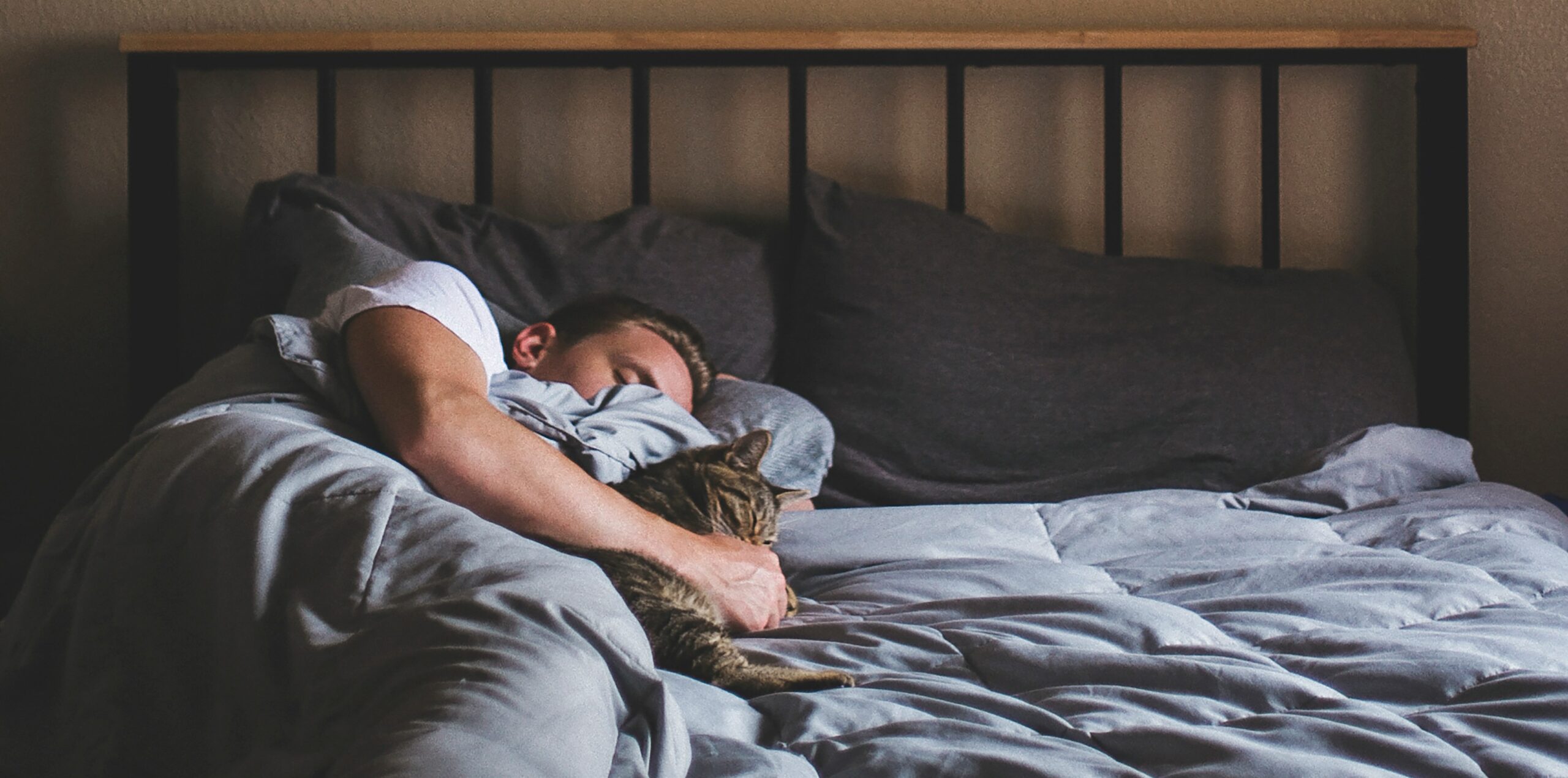What Happens to Your Body When You Sleep

Sleep is more than a luxury. It’s a pillar of your health that’s just as valuable as diet and exercise. Your body needs it for daily maintenance, hormone balance, and to fight off infection. Yet many people get far less than the seven to nine daily hours needed. Your body isn’t shutting down when you sleep. It’s shifting into a different mode. One that you need to stay mentally and physically sharp.
In a typical night, your body goes through four to six 60 to 90-minute sleep cycles. Within each of these cycles, you pass through five sleep stages. You move through stages I through IV while also spending time in rapid eye movement (REM) sleep where active dreaming takes place.
However, your sleep isn’t linear. Within each cycle, you bounce back and forth between light and deep stages. Your body needs to spend time in each of the sleep stages to fully recover from a day’s worth of work.
The Brain
The glymphatic system, the brain’s cleaning system, boosts its activity by 90 percent when you’re asleep. This system flushes spinal fluid through the tiny spaces in the brain to cleanse them of leftover waste. Without it, communication within the brain slows because toxins clog your communication pathways.
Your Muscles
When you enter stage III sleep, the first of the deep sleep stages, your body releases human growth hormone. This hormone floods muscle tissue and stimulates healing and rebuilding. Whether you’re a bodybuilder or not, your body needs to repair itself from damage and injury on a daily basis.
The Immune System
Sleep gives your immune system time to recharge and strengthen itself. T-cell levels drop when you sleep and redistribute themselves in the lymph nodes. At night, your risk of infection is relatively low, so it’s the perfect time for the immune system to pump up its defenses. Once all your defenses are in place, they’re ready and waiting for deployment once you’re up and moving.

Help Your Body with Better Sleep
All of these vital functions get disrupted if you don’t get enough sleep. Consequently, your health suffers. The length and quality of your sleep cycle, in part, depends on your habits and behaviors. The right ones will help you sleep soundly while others can leave you tossing and turning.
Do:
- Go to bed at the same time every day. Your body adapts to your schedule so keep one it can predict.
- Follow a bedtime routine. A routine reduces stress before bed and helps your brain recognize the start of the sleep cycle.
- Eat healthy meals at regular intervals. The timing of your meals influences your sleep cycle. Keep your meals consistently spaced and stick with a well-balanced diet for optimum nutrition.
- Make your bedroom sleep supportive. Dark, cool, and quiet should describe your bedroom. You should also have a mattress that caters to your weight and preferred sleeping position. This keeps your spine aligned and reduces morning aches and pains.
Don’t:
- Look at electronic screens before bed. Bright blue light can suppress sleep hormones. Turn them off two to three hours before bedtime.
- Drink stimulants in the late afternoon or evening. Caffeine and similar stimulants stay in your body for hours. Stop consuming them early in the day to prevent them from blocking sleep hormones.
- Eat high fat, heavy meals before bed. Discomfort and indigestion don’t make good bedfellows.
Adequate sleep gives you energy, keeps you well, and lets your mind stay clear and sharp. Make the change to better sleep and your body will thank you.
Stacey L. Nash is a Seattle area writer for Tuck.com whose insomnia led her to research all aspects of sleep. With a degree in communications from the University of Puget Sound, she helps put sleep into the forefront of the health and wellness conversation. When not researching and writing about sleep, she spends time with her husband and four children on their heavily-wooded, twelve-acre piece of heaven.






